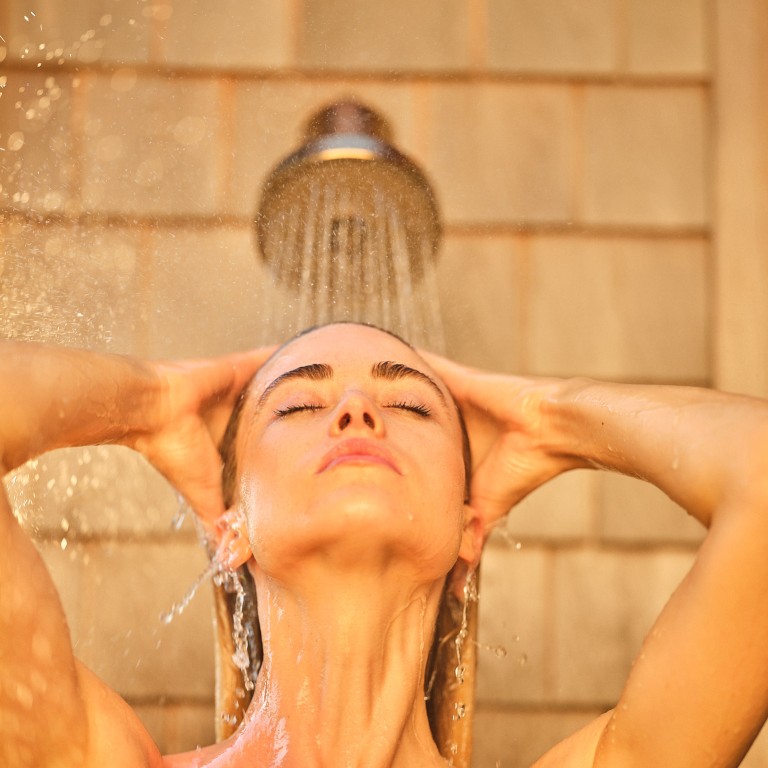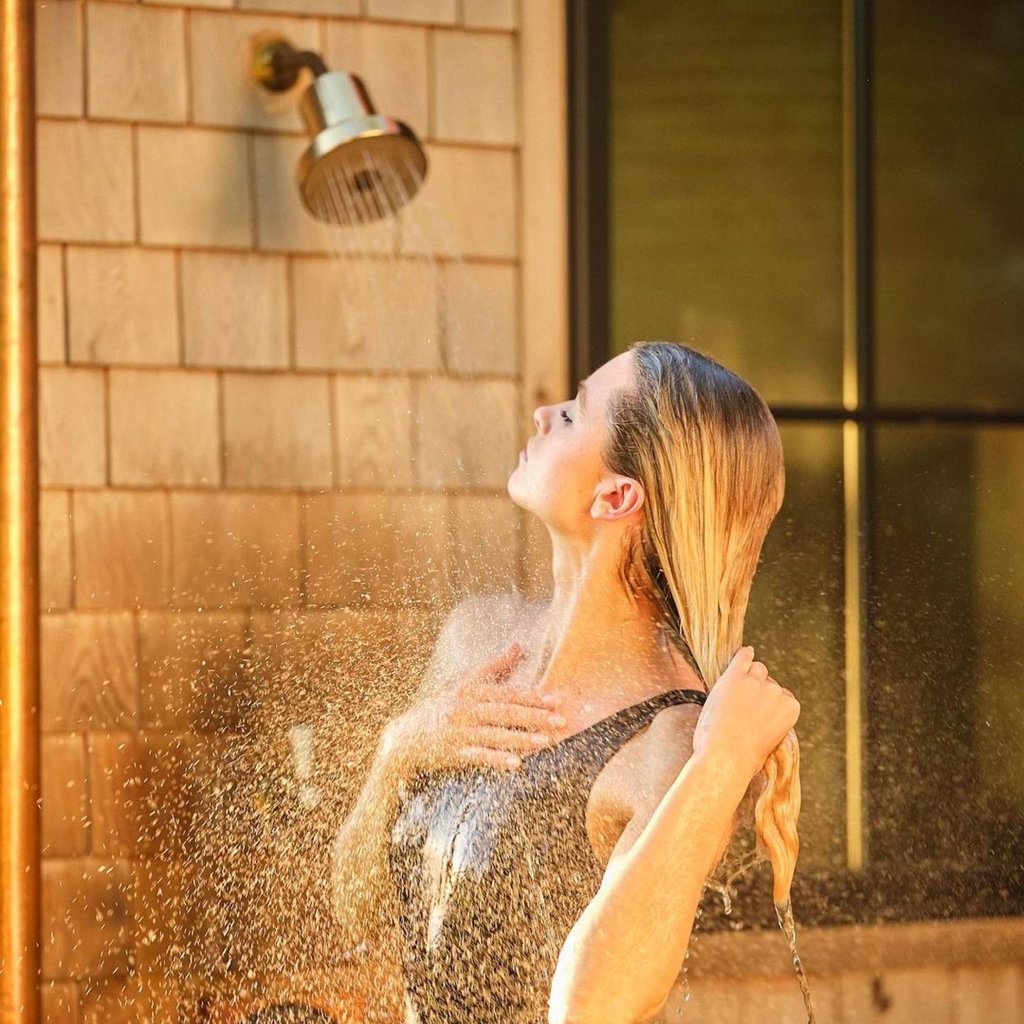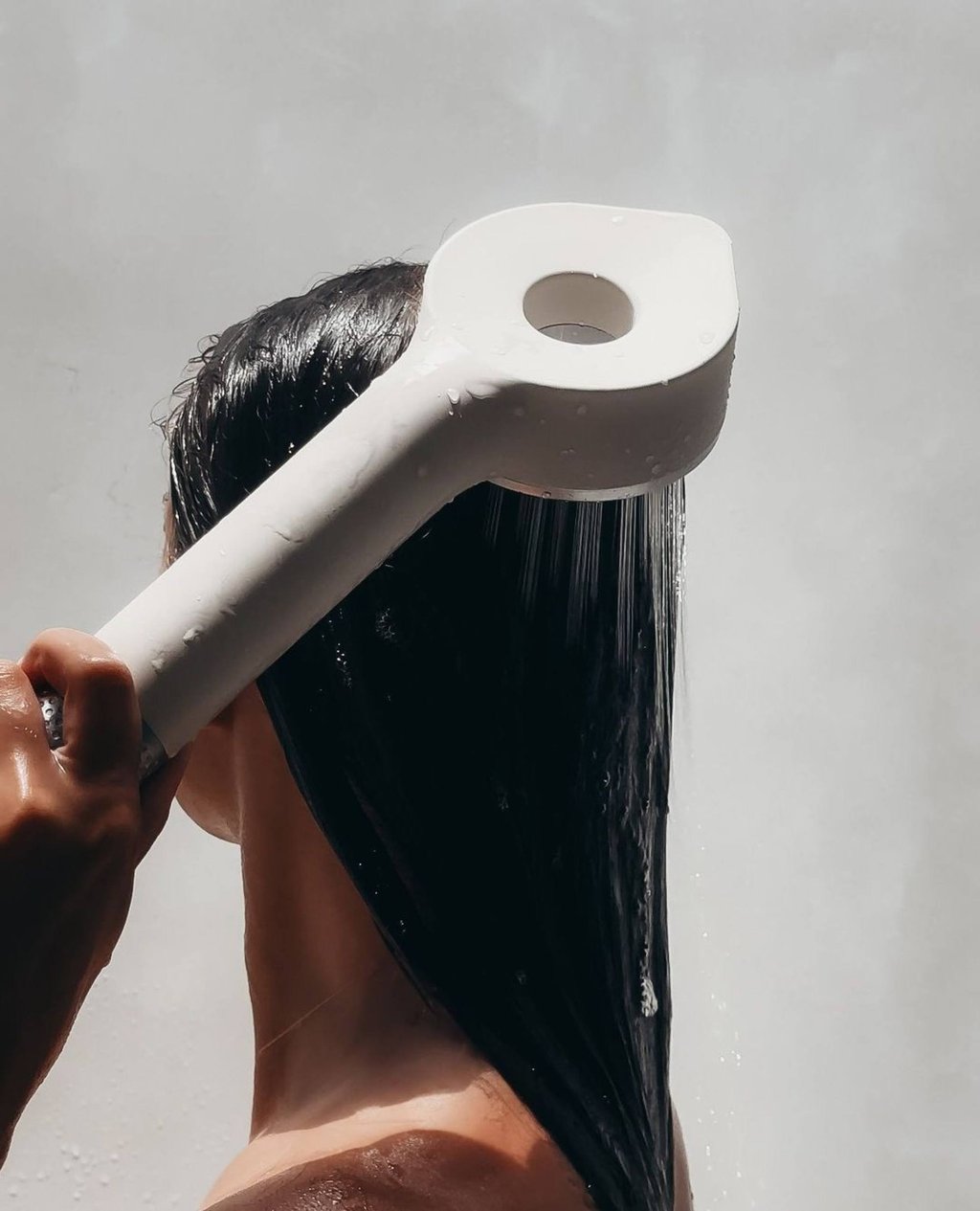Explainer / What is hard water, and how does it affect your skin and hair? The minerals in your shower water might kill bacteria, but they also lead to dryness and disrupt your skin’s pH – here’s what to do about it

- ‘The water we shower in has a fundamental impact on our beauty, whether we have a one-step or 10-step [skincare] routine,’ says Jolie Skin’s Charlotte Morse
- Turn your home’s shower water from hard to soft with water softeners, shower filters – by brands such as Kitsch or Hello Klean – or water conditioners for a gentler effect
Have you ever noticed a difference in taste between the tap water at home and elsewhere? Or perhaps you’ve seen limescale build up on your taps and shower heads? These variations all concern one hidden detail in your water: its hardness.
What is hard water?

Hard water is defined by its high concentration of minerals, primarily calcium and magnesium, which water absorbs as it moves through soil and rock, or is added to it to help kill bacteria.
“Nearly all of the water in the world contains chlorine, heavy metals and other contaminants, which contribute to many common skin and hair issues, such as dry skin, damaged hair, changes in hair colour and [potentially] rashes or irritation.”
What is soft water?

Unlike hard water, soft water undergoes natural or artificial processes, significantly reducing its mineral content. This type of water is gentler on the skin and hair, helping to preserve natural oils. It can also enhance the effectiveness of soaps and detergents by producing more lather.
In household settings, soft water also prevents the build-up of mineral scale in pipes and in appliances, thereby extending their lifespan and improving their efficiency.
“We chlorinate our water across nearly every water system to disinfect and kill bacteria such as E coli, but that chlorine doesn’t need to be there when we shower,” Morse explained.




